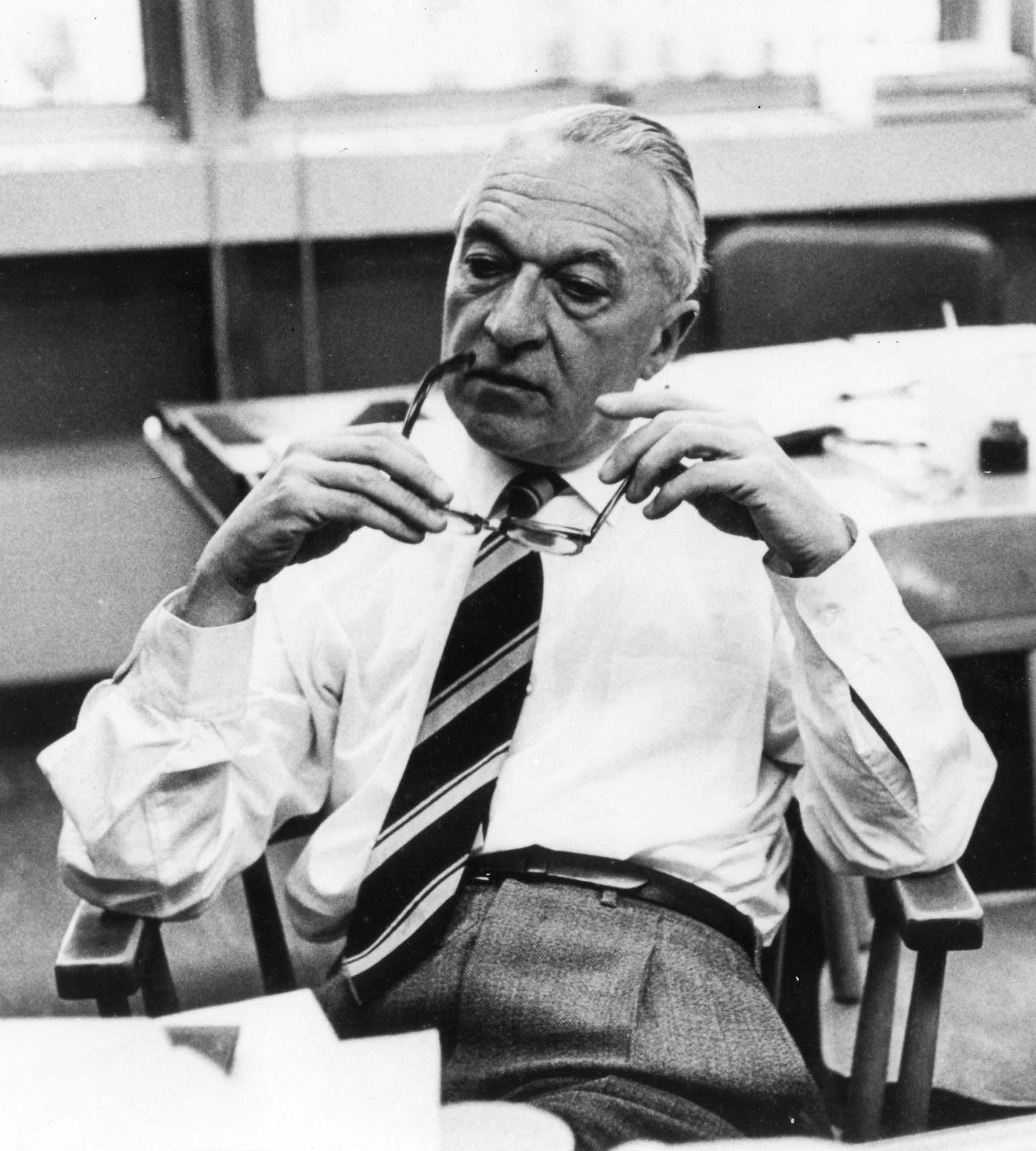- Bruno Rossi
Infobox Scientist
name = Bruno B. Rossi
caption =
birth_date = birth date|1905|4|13|df=y
birth_place =Venice ,Italy
death_date = death date and age|1993|11|21|1905|4|13|df=y
death_place =Cambridge, Massachusetts
alma_mater =University of Bologna
work_institution =University of Florence University of Padua University of Copenhagen University of Manchester University of Chicago Cornell University Manhattan Project MIT
prizes=National Medal of Science (1983)Wolf Prize in Physics (1987)
doctoral_students =
doctoral_advisor =
spouse =
children =
religion =
website =
footnotes =Bruno Benedetto Rossi (
April 13 1905 –November 21 1993 ) was a leading Italian-American experimental physicist. He made major contributions tocosmic ray andparticle physics from 1930 through the 1950s, and pioneeredX-ray astronomy and space plasma physics in the 1960s.Biography
Rossi was born in
Venice ,Italy . After receiving the doctorate degree from theUniversity of Bologna , he began his career in 1928 as assistant at the Physics Institute of theUniversity of Florence where he made his first discoveries regarding the nature of cosmic rays. In 1932 he was called to theUniversity of Padua as professor of experimental physics. There, in addition to teaching and research, Rossi planned the new Physics Institute of the University and oversaw its construction. In the fall of 1938 he was expelled from his position as a result of the racial decrees of the fascist state. Rossi wasJewish and so was his wife, Nora Lombroso (granddaughter of anthropologist,Cesare Lombroso ), so they had to leave Italy and traveled to America with brief stays inCopenhagen ,Denmark andManchester ,England .They arrived at the
University of Chicago in June 1939 where he was given a temporary position as research associate. Rossi immediately began a series of experiments that yielded the first proof of the decay of a fundamental particle, the mesotron, now calledmuon , and a precise measurement of its mean life at rest. The latter was achieved atCornell University where he was appointed associate professor in 1942. During the war Rossi worked first as consultant onradar development at the Radiation Laboratory of theMassachusetts Institute of Technology , and then at Los Alamos as co-director of the Detector Group responsible for development of instrumentation for experiments that supported the development of the atomic bombs.In the fall of 1946 Rossi was appointed professor of
physics at MIT where he established the Cosmic Ray Group to investigate the nature and origins of cosmic rays and the properties of the sub-nuclear particles produced in the interaction of cosmic rays with matter. In the late 1950s, whenparticle accelerator experiments had come to dominate experimental particle physics, Rossi turned his attention to exploratory research made possible by the new availability of space vehicles. At MIT he initiatedrocket experiments that pioneered the direct measurements of the interplanetary plasma. As a consultant to American Science and Engineering, Inc. he initiated the rocket experiments that discovered the first extra-solar source ofX-ray s,Scorpius X-1 . Rossi was madeInstitute Professor at MIT in 1965.Among his contributions to the electronic techniques of experimental physics are the inventions of the
coincidence circuit (Florence 1930), thetime-to-amplitude converter (Cornell 1942) and thefast ionization chamber (Los Alamos, with H. Staub 1943).Rossi retired from MIT in 1970. From 1974 to 1980 he taught at the
University of Palermo . In 1990 his autobiography, titled "Moments in the Life of a Scientist", was published byCambridge University Press . He died at his home inCambridge, Massachusetts in 1993.Honours and awards
Awards
*
Wolf Prize in Physics for his role in the development of X-ray astronomy (1987)
*National Medal of Science (1983)
*Rumford Prize award of theAmerican Academy of Arts and Sciences for "discoveries concerning the nature and origins of cosmic radiations" (1976)
*Gold Medal of theItalian Physical Society (1970)
*Doctors "honoris causa" from the universities of Palermo, Durham, and ChicagoLegacy
*
Rossi X-ray Timing Explorer , aNASA satellite X-ray observatory
*Bruno Rossi Prize of the High Energy Astrophysics division of theAmerican Astronomical Society
*There is an endowed chair named in honor of Bruno Rossi at MIT. It is currently held by Prof.Claude R. Canizares .Bibliography
*cite book | last=Rossi | first=Bruno | title=High-energy Particles | location=New York | publisher=Prentice-Hall | year=1952 | oclc=289682
*cite book | last=Rossi | first=Bruno |title=Cosmic Rays | location=New York | publisher=McGraw-Hill | year=1964 | isbn=536242
*cite book | last=Rossi | first=Bruno | coauthors=S. Olbert | title=Introduction to the Physics of Space | location=New York | publisher=McGraw-Hill | year=1970 | isbn=54021
*cite book | last=Rossi | first=Bruno | title=Moments in the Life of a Scientist | location=Cambridge | publisher=Cambridge University Press | year=1990 | isbn=0521364396
*cite book | last=Bruno | first=Rossi | title=Optics | location=Reading, MA | publisher=Addison Wesley | year=1957 | isbn=248228
*Citation
id =PMID :14439229
url= http://www.ncbi.nlm.nih.gov/pubmed/14439229
last=Rossi
first=Bruno
publication-date=1959 Nov.
year=1959
title=High-energy cosmic rays.
volume=201
issue=
periodical=Sci. Am.
pages=135-46External links
* [http://libraries.mit.edu/archives/exhibits/rossi/ Cosmic Ray Observations in Eritrea: Research Notes of Bruno Rossi, 1933]
Persondata
NAME= Rossi, Bruno B.
ALTERNATIVE NAMES=
SHORT DESCRIPTION= Italian-American astronomer
DATE OF BIRTH=13 April 1905
PLACE OF BIRTH=Venice
DATE OF DEATH=21 November 1993
PLACE OF DEATH=Cambridge, Massachusetts
Wikimedia Foundation. 2010.
